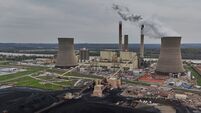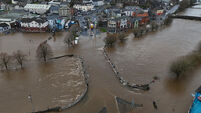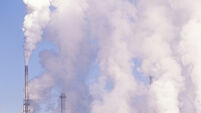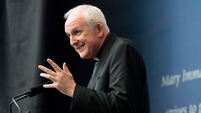Industry has executed a ‘corporate capture’ of UN aviation body set up to tackle climate crisis

Flying causes more climate-heating pollution than any other form of transport per mile and is dominated by rich passengers. File photo
The UN aviation organisation has been captured by the industry, a report has concluded, leading to the urgent action required to tackle the sector’s high carbon emissions being blocked.
Industry delegates outnumbered climate experts by 14 to one at the recent “environmental protection” meeting of the UN International Civil Aviation Organization (ICAO), the report found. The ICAO is the forum where nations agree the rules governing international aviation.
CLIMATE & SUSTAINABILITY HUB













